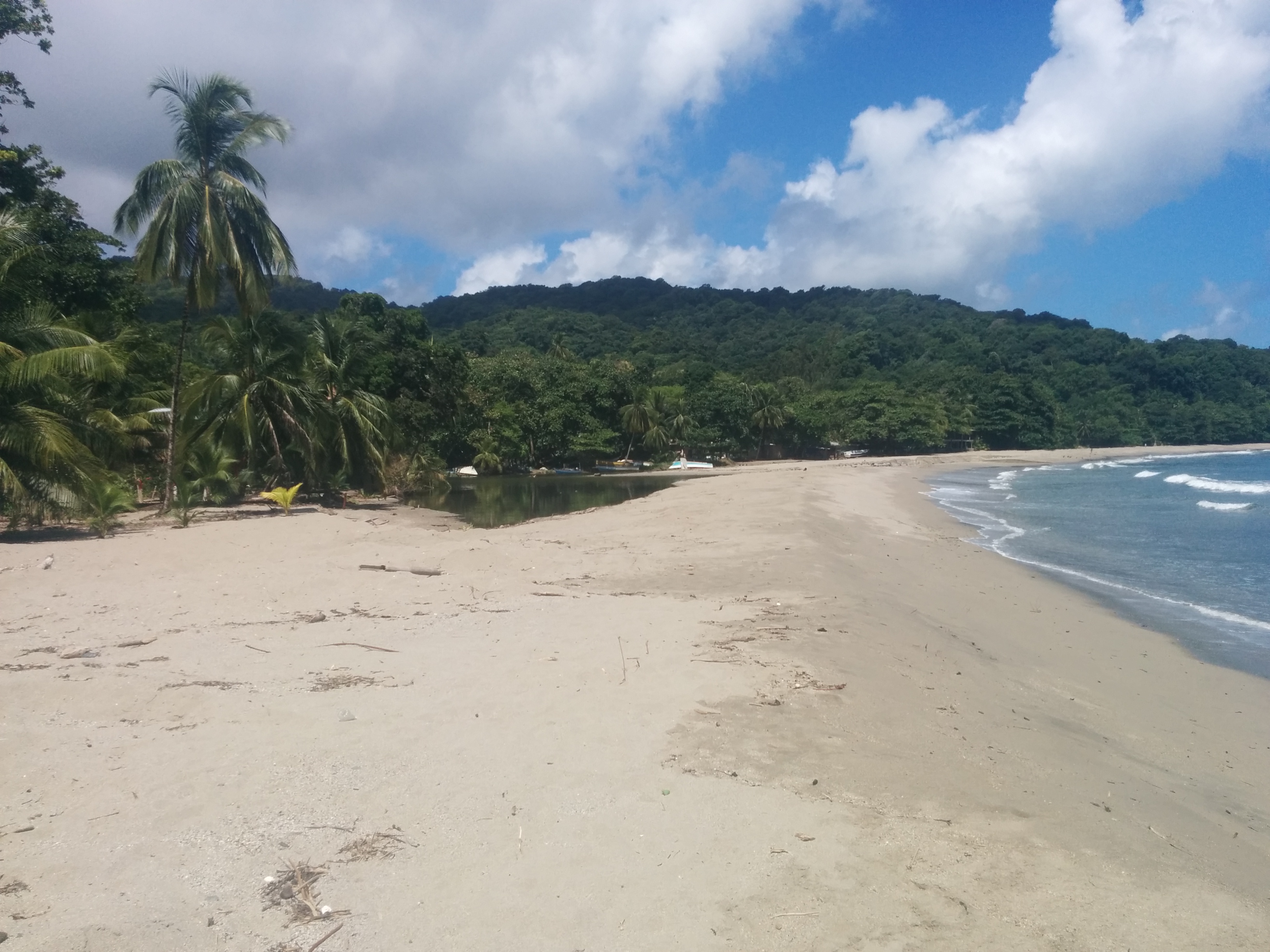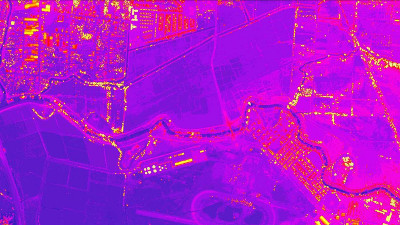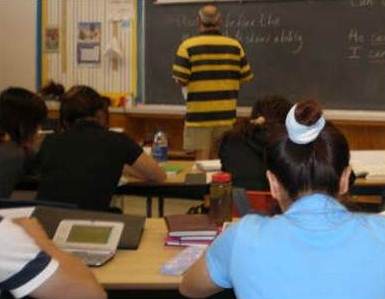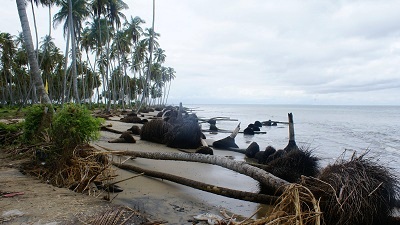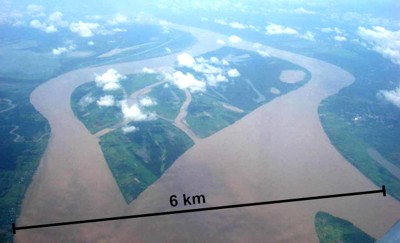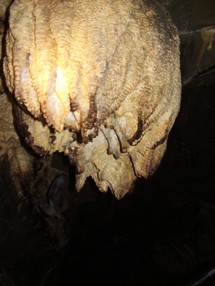This project examines interrelationships between terrestrial, fluvial and coastal systems which affect the beach habitat of the endangered leatherback turtle. The aim of this study is to assess and analyze changes in coastal dynamics linked to climate change, which influence the nesting habitat of the leatherback turtle, through an integration of the hydrologic, hydraulic, hydrographic and socio-economic components of the Grande Riviere watershed and bay area.





